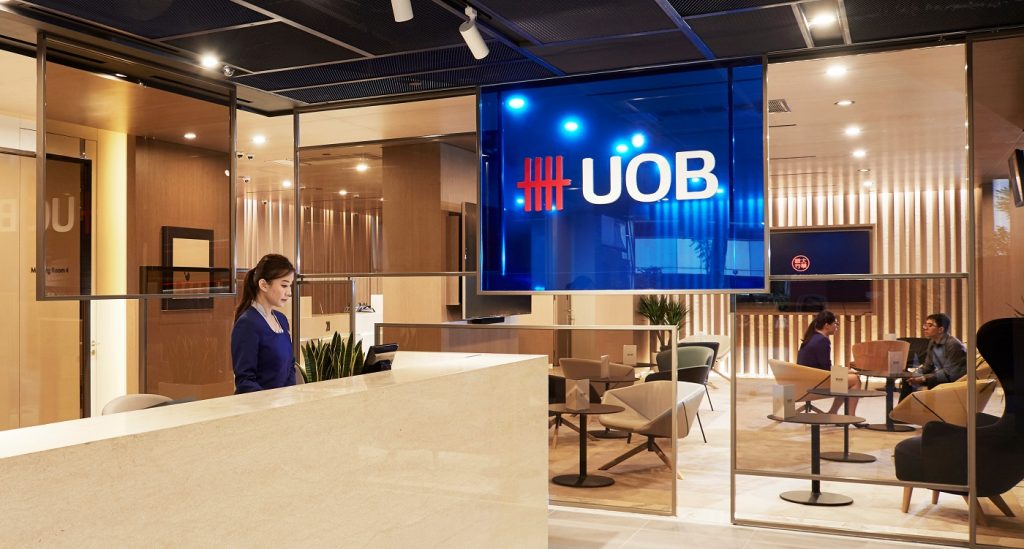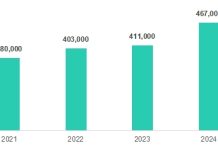SMEs account for two-thirds of global employment and half of global GDP. While all companies have had to quickly adapt to disruption and greater uncertainty, SMEs are particularly susceptible.
In a recent report by UOB titled ‘Asean SME Transformation Study’ by UOB, it was highlighted how amidst the economic headwinds from the Ukraine conflict, repeated pandemic waves across Asia, supply chain challenges and high inflation, there has been increased volatility and therefore risk, to SMEs.
The report, in collaboration with professional services firm Accenture and business analytics company Dun & Bradstreet, surveyed 1,500 SMEs from Singapore, Malaysia, Indonesia, Thailand and Vietnam, with equal representation from each country. Among the main concerns highlighted in the report is the fact that over half (54%) of SMEs surveyed said that their existing cash flow can only sustain them for less than six months.
Yet, a majority (55% ) of businesses expressed optimism about their business recovery outlook despite challenges posed by recent geopolitical and macroeconomic developments. However, while there is renewed ambition towards business recovery, a significant proportion of SMEs (45%) in the region remain concerned about the need to transform their business models , particularly in the areas of digitalization and sustainability.
This theme came across more strongly in Thailand (505) and Vietnam (50%). Interestingly, 66% of the respondents spent more on technology through 2021 compared with previous years. The same number indicated they are keen to invest more in technology, especially in the areas of digital marketing, customer management, sales, network management and operational processes.
UOB: Customers are not the same anymore
Based on the report, 44% of SMEs surveyed acknowledged a notable shift in consumer preferences and have singled out customer engagement as a pressing concern. “Many of those surveyed expressed that they are enhancing the digital customer experience through digital transformation, to retain existing customers as well as attract new ones,” the report noted.
Particularly, SMEs in the food and beverage (F&B) industry (55%) are concerned about customer engagement. Therefore, it is F&B companies that have been looking to new formats and segments to keep driving growth amidst ongoing uncertainty. For instance, UOB noted that there has been a rise in popularity of shared cloud kitchens, centralized commercial kitchens built to produce food specifically for delivery, which offer cost optimization and new opportunities for smaller and younger industry entrants.
Nothing’s gonna stop them from digitising
Nevermind the headwinds and geopolitical tensions, three in five businesses say they will continue digitalizing their companies and tapping digital economy opportunities, such as selling through digital platforms, to gain a competitive advantage. “With increased emphasis on digitalization and technology for businesses, most SMEs also expect to invest more in this area,” UOB said.















